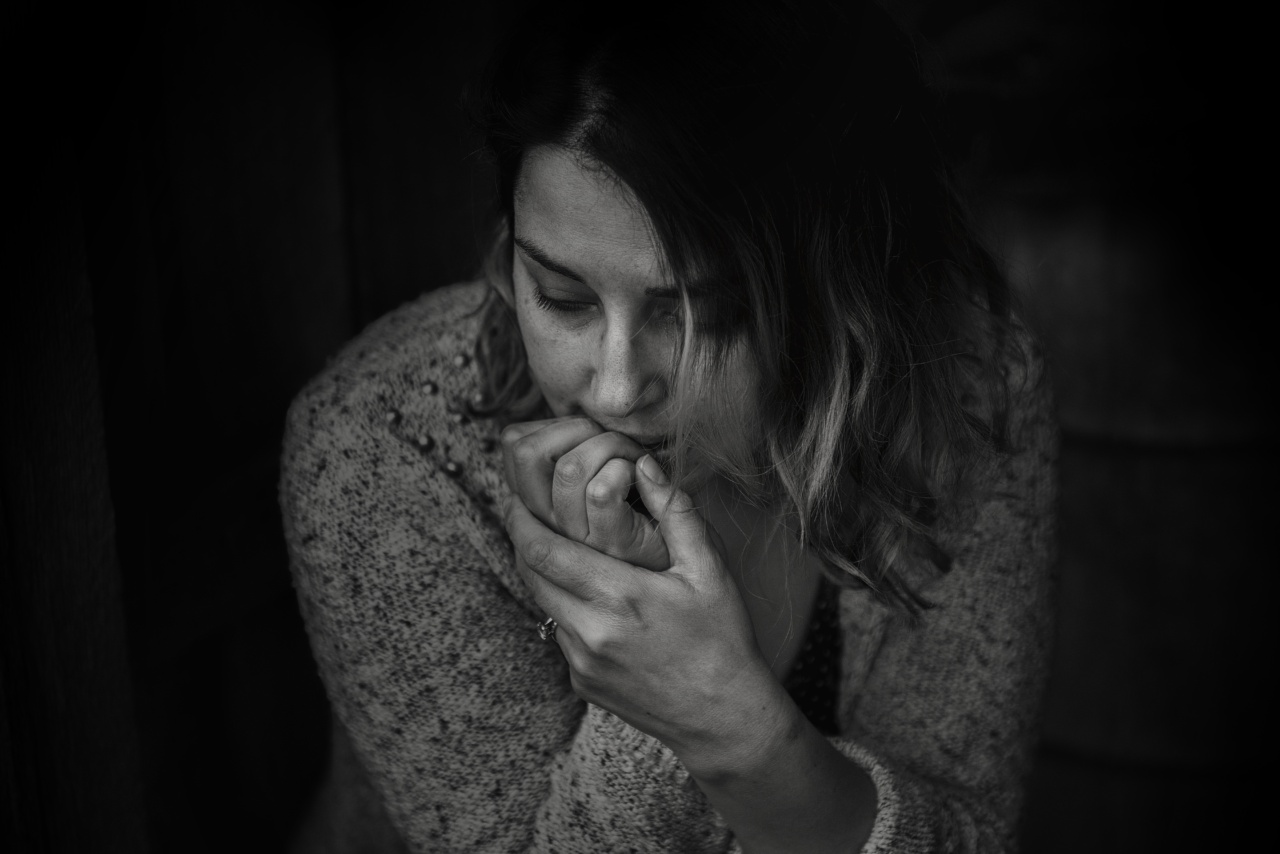Depression is a serious mental illness that affects millions of people worldwide. It is a complex disorder that can impact every aspect of a person’s life, from their emotional well-being to their physical health.
Depression can be caused by a variety of factors, including genetics, environmental factors, and chemical imbalances in the brain. While the causes of depression are not fully understood, it is important to bring light to this disorder so that those who struggle with depression can get the help they need.
What is Depression?
Depression is a mood disorder that is characterized by persistent feelings of sadness, hopelessness, and despair. It is a complex disorder that can be caused by a variety of factors, including genetics, environment, and chemical imbalances in the brain.
Depression can affect people of all ages, races, and genders, but it is most commonly diagnosed in young adults between the ages of 18 and 25.
Signs and Symptoms of Depression
Depression can manifest in a variety of ways, but there are some common signs and symptoms that people with depression may experience. These include:.
- Persistent feelings of sadness or hopelessness
- Loss of interest in activities once enjoyed
- Changes in appetite or weight
- Difficulty sleeping or sleeping too much
- Fatigue or lack of energy
- Difficulty concentrating or making decisions
- Feelings of worthlessness or guilt
- Thoughts of suicide or self-harm
Causes of Depression
The exact causes of depression are not fully understood, but there are several factors that have been identified as contributing to the development of depression. These include:.
- Genetics: There is evidence to suggest that depression can run in families, indicating a genetic predisposition to the disorder.
- Chemical imbalances in the brain: Depression may be caused by an imbalance of neurotransmitters, chemicals in the brain that regulate mood, sleep, appetite, and other bodily functions.
- Environmental factors: Traumatic events, such as the death of a loved one or a physical or emotional abuse, can trigger depression in some people.
- Personality traits: People who have low self-esteem, are pessimistic, or have a tendency to worry excessively may be more likely to develop depression.
Treatment for Depression
Depression is a treatable illness, and there are several effective treatments available for people with depression. These include:.
- Medication: Antidepressant medication can be effective in treating depression by regulating neurotransmitters in the brain.
- Psychotherapy: Therapy can help people with depression learn coping skills, develop a support system, and identify and work through underlying issues that may be contributing to their depression.
- Self-care: Making changes to one’s lifestyle, such as getting regular exercise, eating a healthy diet, and avoiding drugs and alcohol, can also be effective in managing depression.
Coping with Depression
Living with depression can be challenging, but there are several coping strategies that can help people manage their symptoms and improve their quality of life. These include:.
- Seeking support: Talking to friends, family, or a therapist can provide emotional support for people with depression.
- Getting regular exercise: Exercise can release endorphins, which are natural mood-boosters.
- Cultivating healthy habits: Eating a healthy diet, getting enough sleep, and avoiding drugs and alcohol can help manage depression.
- Engaging in enjoyable activities: Doing things that bring joy or a sense of accomplishment can help improve mood and boost self-esteem.
Conclusion
Depression is a serious mental illness that affects millions of people worldwide. It is a complex disorder that can impact every aspect of a person’s life.
While the causes of depression are not fully understood, there are several effective treatments available for people with depression. It is important to bring light to this disorder so that those who struggle with depression can get the help they need.






























